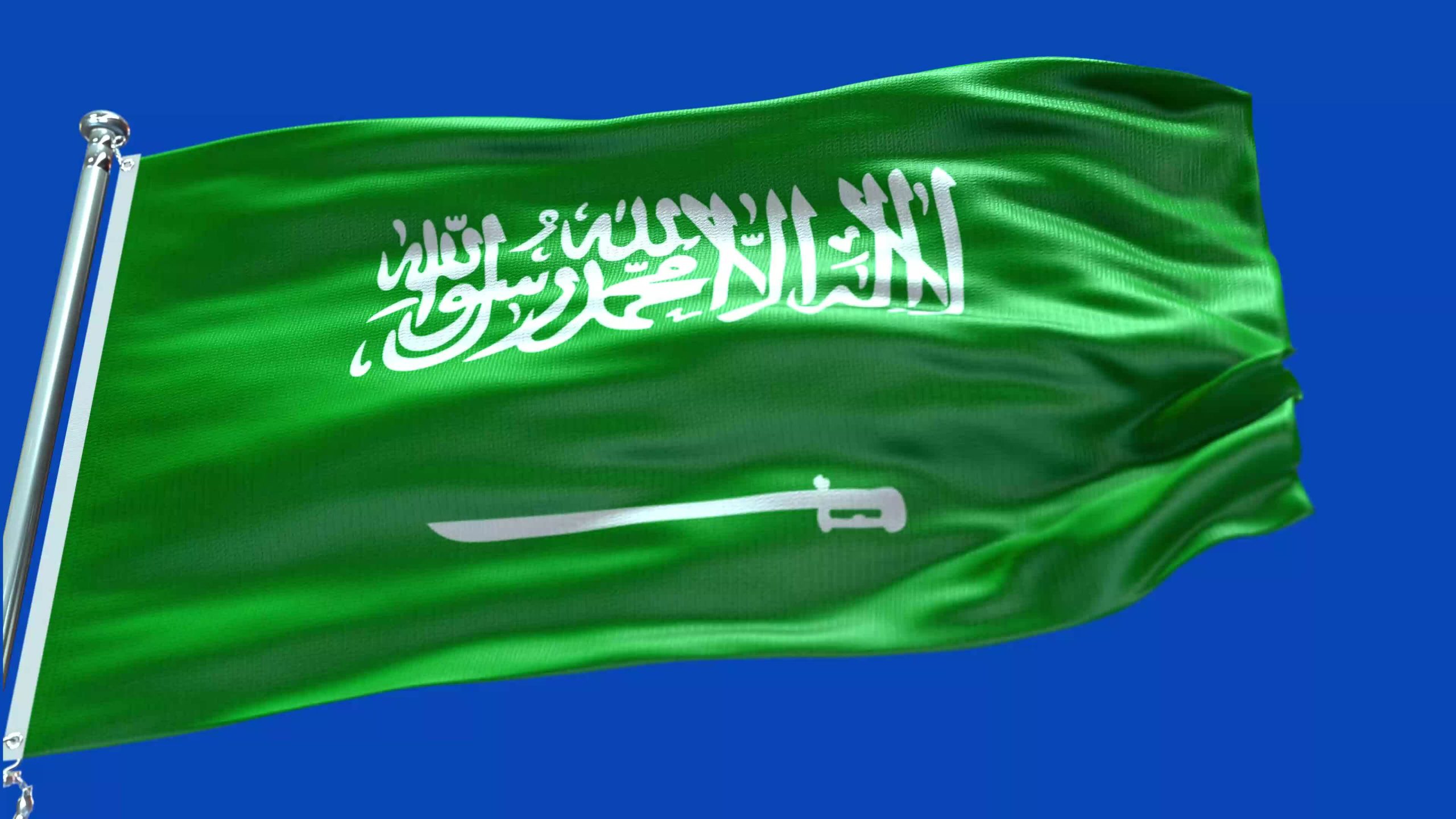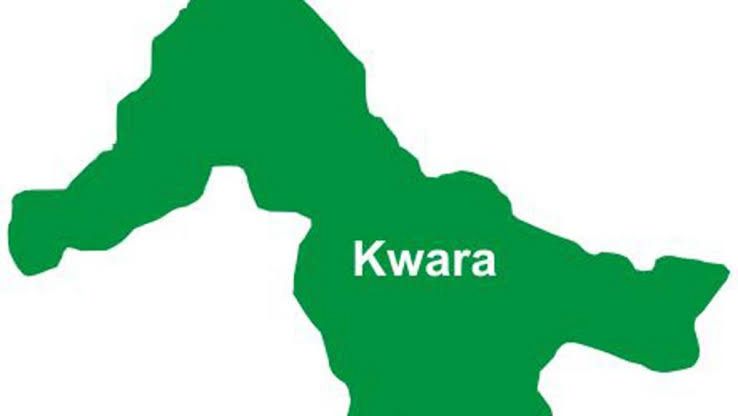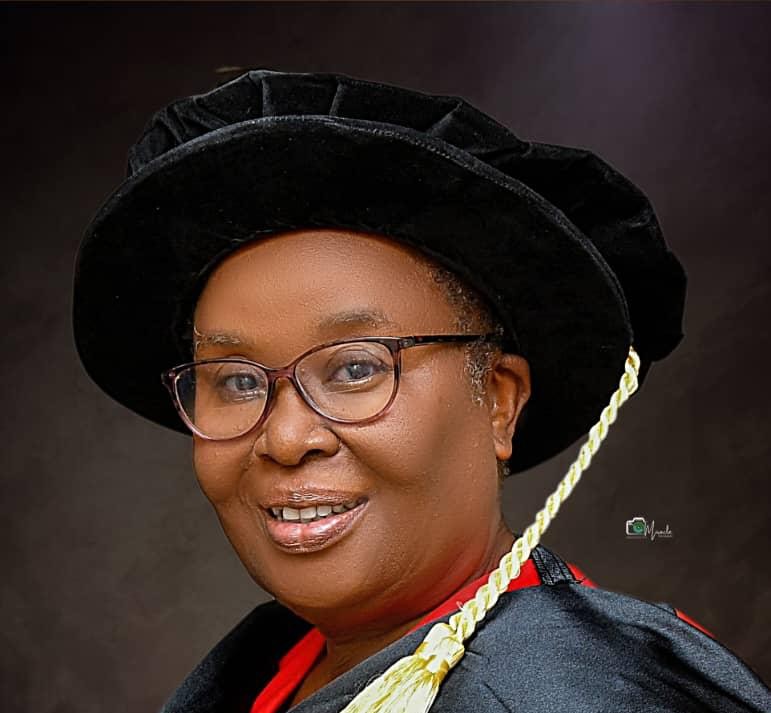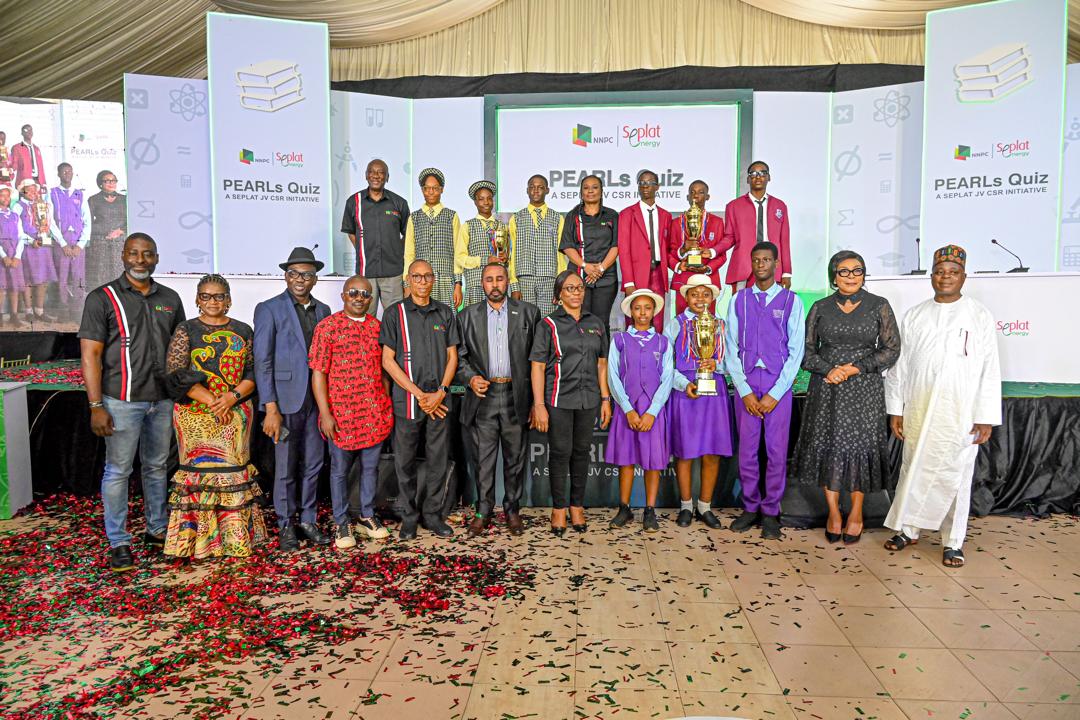Saudi Arabian authorities have restated that universities in the Kingdom are open to students of all faiths, including Muslims and non-Muslims from Nigeria, as part of efforts to strengthen educational and cultural cooperation between both countries.
This was disclosed in Abuja on Monday by the Vice President for Educational and Academic Affairs at King Khalid University, Professor Saad Daajim, during the opening session of the Forum of Saudi Arabia Universities Alumni in Nigeria and Neighbouring Countries.
Professor Daajim said that more than 850 Nigerian students are currently enrolled in various universities across Saudi Arabia, while over 3,200 Nigerians have graduated from Saudi institutions in the past decade.
“In Saudi Arabia, there are more than 850 students from this country studying in Saudi universities. Already, in the last one decade, there are more than 3,200 graduates from Nigeria,” he said.
The forum, themed “Alumni of Saudi Universities in the Federal Republic of Nigeria and Surrounding Countries and Their Impact on Sustainable Development,” provided an opportunity for dialogue between Saudi educational institutions and their Nigerian alumni.
Daajim explained that Saudi Arabia is open to admitting more Nigerian students across diverse fields, including education, engineering, sciences, Arabic language, religious studies, and medicine.
“We are actually proud to accept more Nigerian students in our universities in different disciplines,” he said. “Hopefully, we will arrange a good acceptance rate for this country because it contributes a huge number of populations to the African continent.”
He added that scholarship opportunities in Saudi Arabia are not restricted by religion, noting that universities such as King Abdullah University of Science and Technology and King Fahd University of Petroleum and Minerals offer admission to students from all backgrounds.
“According to our regulation, admission will be accessible to all, even scholarships,” Daajim said. “King Abdullah University for Science and Technology offers scholarships for Muslims and non-Muslims as well. King Fahd University for Mineral and Petroleum also employs and accepts students from all cultures, all religions, and all continents.”
He said the alumni forum was intended to foster engagement with graduates of Saudi universities and assess how their experiences are contributing to sustainable development in their home countries.
“We found them very active and we expect that when they come back to their country, they will contribute to sustainable development, either for personal living or in the country,” he noted.
On prospects for Nigerian graduates in Saudi Arabia, Daajim said that those wishing to pursue postgraduate studies are encouraged to continue their education, while qualified graduates may also be retained as academic staff.
“Actually, when they graduate from Saudi universities, they could continue their higher studies in Master or PhD. And if they are well qualified, they will be hired by the university as a professor,” he added.
Minister of State for Education, Dr Suwaiba Said Ahmad, in her opening remarks, commended Saudi Arabia for its continued commitment to educational and cultural collaboration with Nigeria.
“Such partnerships enrich our human capital and strengthen bilateral ties for mutual good,” Ahmad said. “As we celebrate this gathering, I urge the alumni to continue to serve as ambassadors of knowledge, peace, and development.”
She added that the Federal Ministry of Education would continue to support initiatives that leverage alumni networks for nation-building.






